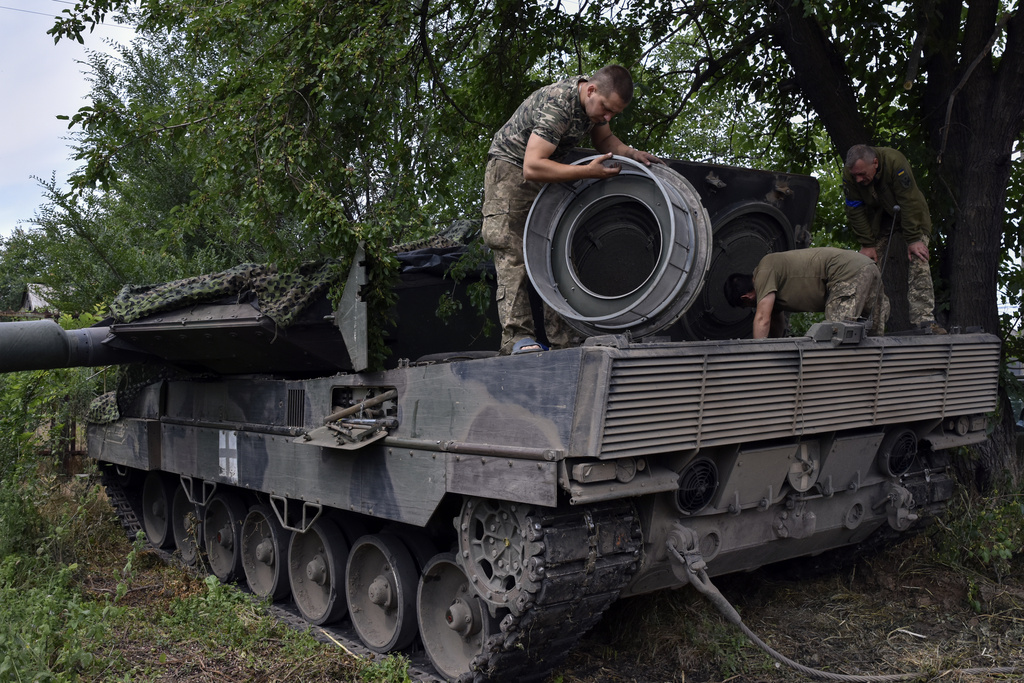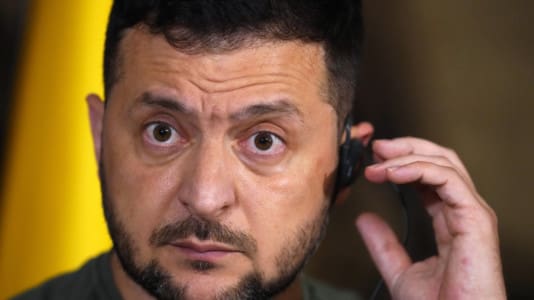Switzerland has finally made its position clear on the possible sale of a large number of increasingly obsolete Leopard 1A5 main battle tanks formerly of the Italian armed forces: it will not sell them to Ukraine as was widely expected.
While EU member states, either voluntarily or under pressure, have supported sanctions and sent aid and arms transfers to Ukraine, Switzerland has rejected this path, resorting to its historical constitution which requires neutrality.
This was the case, for example, when Brussels was increasingly serious in its attempts to outright confiscate frozen Russian assets and send them to Ukraine. Switzerland has made it clear that it will not under any circumstances touch Russian assets worth some $8.1 billion currently held and frozen, since its legal system, according to both the Swiss Banking Federation and the government, prohibits the expropriation of private assets of legitimate origin without compensation. Such a move would be incompatible with the Swiss constitution and would be in deep breach of Switzerland’s international commitments.
The situation was similar for arms transfers. Despite growing international pressure, the laws of Switzerland, which has been neutral for some 500 years, do not allow it to send arms to a country at war, nor send them to a third country that then transfers them to the belligerent. The stalemate is reinforced by the fact that under international law, neutral states must treat all parties to a war equally, meaning that by joining the arms trade ban against Moscow, Bern is obliged to apply the same approach to Ukraine.
In 2016, the Swiss defense contractor Ruag purchased 96 essentially inoperative Leopard 1A5 tanks from the Italian army, which have not yet been delivered and are not owned by the Swiss defense forces. Ruag would have sold the Leopards to Germany for refurbishment and then shipped to Ukraine. Switzerland scuppered the whole plan from the start. with the neutral state announcing in a statement: “The Federal Council has come to the conclusion that the sale of the 96 tanks is not possible under current Swiss law. This would represent a departure from the policy of neutrality.”





